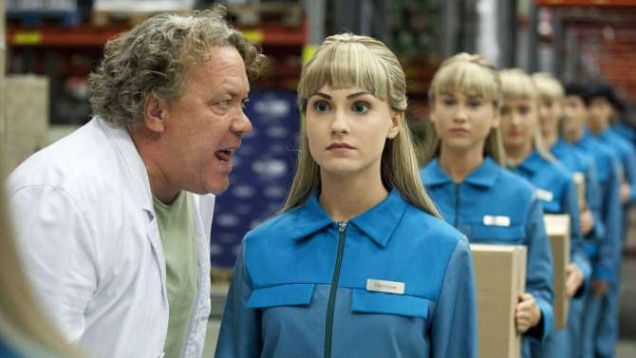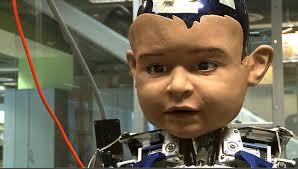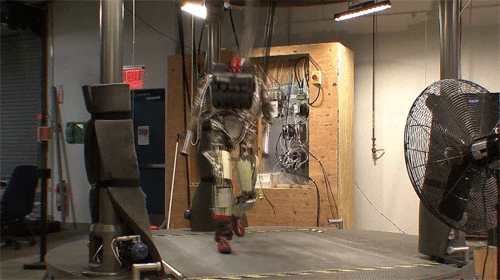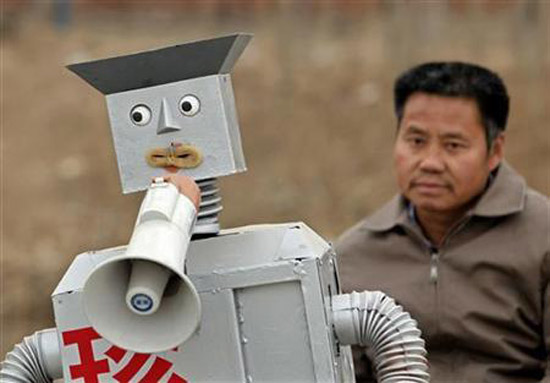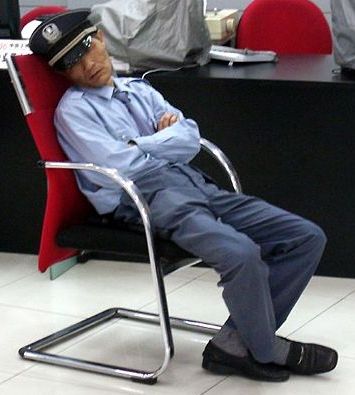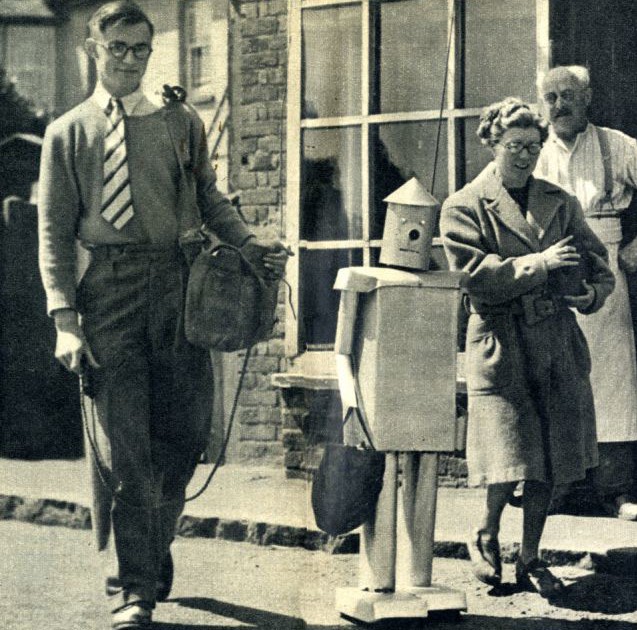
If you’re looking for an optimistic rejoinder to the concern about mass technological unemployment, there’s “The Robots Are Coming,” a Foreign Affairs piece by MIT computer scientist Daniela Rus that looks at the future through rose-colored Google Glasses. Rus believes driverless cars and robotic assistants will be potent elements of the economy soon enough–something those who worry about automation concur with–but her contention is that these machines will co-exist with workers instead of replacing them and even create many new jobs. I doubt the former but the latter is certainly possible.
The writer sees a future in which “people may wake up in the morning and send personal-shopping robots to the supermarket to bring back fruit and milk for breakfast.” Rus offers no precise timeframe for when these silicon servants will begin appearing, which is probably wise.
The opening:
Robots have the potential to greatly improve the quality of our lives at home, at work, and at play. Customized robots working alongside people will create new jobs, improve the quality of existing jobs, and give people more time to focus on what they find interesting, important, and exciting. Commuting to work in driverless cars will allow people to read, reply to e-mails, watch videos, and even nap. After dropping off one passenger, a driverless car will pick up its next rider, coordinating with the other self-driving cars in a system designed to minimize traffic and wait times—and all the while driving more safely and efficiently than humans.
Yet the objective of robotics is not to replace humans by mechanizing and automating tasks; it is to find ways for machines to assist and collaborate with humans more effectively. Robots are better than humans at crunching numbers, lifting heavy objects, and, in certain contexts, moving with precision. Humans are better than robots at abstraction, generalization, and creative thinking, thanks to their ability to reason, draw from prior experience, and imagine. By working together, robots and humans can augment and complement each other’s skills.
Still, there are significant gaps between where robots are today and the promise of a future era of “pervasive robotics,” when robots will be integrated into the fabric of daily life, becoming as common as computers and smartphones are today, performing many specialized tasks, and often operating side by side with humans. Current research aims to improve the way robots are made, how they move themselves and manipulate objects, how they reason, how they perceive their environments, and how they cooperate with one another and with humans.
Creating a world of pervasive, customized robots is a major challenge, but its scope is not unlike that of the problem computer scientists faced nearly three decades ago, when they dreamed of a world where computers would become integral parts of human societies. In the words of Mark Weiser, a chief scientist at Xerox’s Palo Alto Research Center in the 1990s, who is considered the father of so-called ubiquitous computing: “The most profound technologies are those that disappear. They weave themselves into the fabric of everyday life until they are indistinguishable from it.” Computers have already achieved that kind of ubiquity. In the future, robots will, too.•








